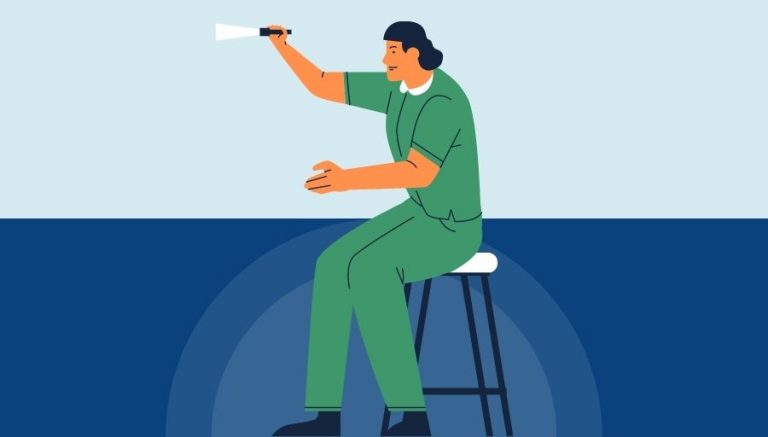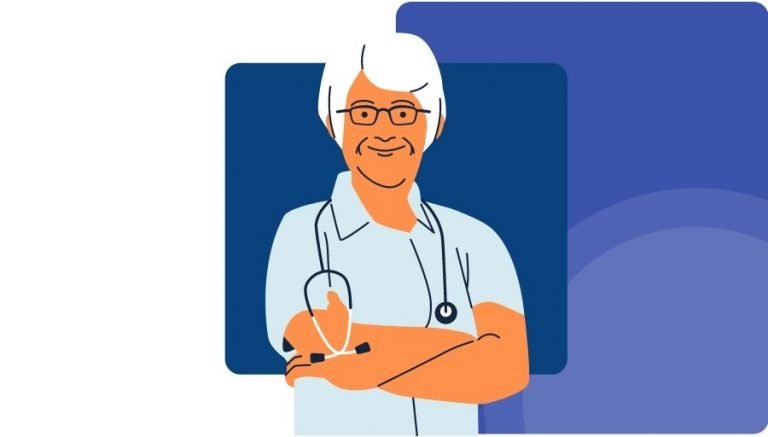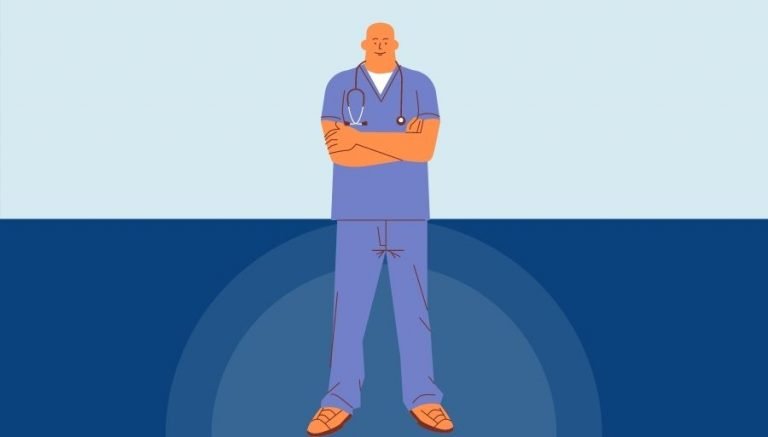Anxiety Or Fear Related Disorders – ICD 11
Definition of Anxiety Or Fear-Related Disorders: Anxiety and fear-related disorders are characterised by excessive fear and anxiety and related behavioural disturbances, with symptoms that are severe enough to result in significant distress or significant impairment in personal, family, social, educational, occupational, or other important areas of functioning. Fear and anxiety are closely related phenomena; fear represents a reaction to perceived imminent threat in the present, whereas anxiety is more future-oriented, referring to perceived anticipated threat. A key differentiating feature among the Anxiety and fear-related disorders are disorder-specific foci of apprehension, that is, the stimulus or situation that triggers the fear or anxiety. The clinical presentation of Anxiety and fear-related disorders typically includes specific associated cognitions that can assist in differentiating among the disorders by clarifying the focus of apprehension.
Coded Elsewhere:
- Substance-induced anxiety disorders
- Hypochondriasis (6B23)
- Secondary anxiety syndrome (6E63)
Generalised anxiety disorder
Definition of Generalised anxiety disorder: Generalised anxiety disorder is characterised by marked symptoms of anxiety that persist for at least several months, for more days than not, manifested by either general apprehension (i.e. ‘free-floating anxiety’) or excessive worry focused on multiple everyday events, most often concerning family, health, finances, and school or work, together with additional symptoms such as muscular tension or motor restlessness, sympathetic autonomic over-activity, subjective experience of nervousness, difficulty maintaining concentration, irritability, or sleep disturbance. The symptoms result in significant distress or significant impairment in personal, family, social, educational, occupational, or other important areas of functioning. The symptoms are not a manifestation of another health condition and are not due to the effects of a substance or medication on the central nervous system.
ICD 11 Code For Generalised anxiety disorder
6B00 Generalised anxiety disorder
Panic disorder
Definition of Panic disorder: Panic disorder is characterised by recurrent unexpected panic attacks that are not restricted to particular stimuli or situations. Panic attacks are discrete episodes of intense fear or apprehension accompanied by the rapid and concurrent onset of several characteristic symptoms (e.g. palpitations or increased heart rate, sweating, trembling, shortness of breath, chest pain, dizziness or lightheadedness, chills, hot flushes, fear of imminent death). In addition, panic disorder is characterised by persistent concern about the recurrence or significance of panic attacks, or behaviours intended to avoid their recurrence, that results in significant impairment in personal, family, social, educational, occupational, or other important areas of functioning. The symptoms are not a manifestation of another medical condition and are not due to the effects of a substance or medication on the central nervous system.
ICD 11 Code For Panic disorder
6B01 Panic disorder
Exclusions:
- Panic attack (MB23.H)
Agoraphobia
Definition of Agoraphobia: Agoraphobia is characterised by marked and excessive fear or anxiety that occurs in response to multiple situations where escape might be difficult or help might not be available, such as using public transportation, being in crowds, being outside the home alone (e.g., in shops, theatres, standing in line). The individual is consistently anxious about these situations due to a fear of specific negative outcomes (e.g., panic attacks, other incapacitating or embarrassing physical symptoms). The situations are actively avoided, entered only under specific circumstances such as in the presence of a trusted companion, or endured with intense fear or anxiety. The symptoms persist for least several months, and are sufficiently severe to result in significant distress or significant impairment in personal, family, social, educational, occupational, or other important areas of functioning.
ICD 11 Code For Agoraphobia
6B02 Agoraphobia
Specific phobia
Definition of Specific phobia: Specific phobia is characterised by a marked and excessive fear or anxiety that consistently occurs upon exposure or anticipation of exposure to one or more specific objects or situations (e.g., proximity to certain animals, flying, heights, closed spaces, sight of blood or injury) that is out of proportion to actual danger. The phobic objects or situations are avoided or else endured with intense fear or anxiety. Symptoms persist for at least several months and are sufficiently severe to result in significant distress or significant impairment in personal, family, social, educational, occupational, or other important areas of functioning.
ICD 11 Code For Specific phobia
6B03 Specific phobia
Inclusions:
- Simple phobia
Exclusions:
- Body dysmorphic disorder (6B21)
- Hypochondriasis (6B23)
Social anxiety disorder
Definition of Social anxiety disorder: Social anxiety disorder is characterised by marked and excessive fear or anxiety that consistently occurs in one or more social situations such as social interactions (e.g. having a conversation), doing something while feeling observed (e.g. eating or drinking in the presence of others), or performing in front of others (e.g. giving a speech). The individual is concerned that he or she will act in a way, or show anxiety symptoms, that will be negatively evaluated by others. Relevant social situations are consistently avoided or else endured with intense fear or anxiety. The symptoms persist for at least several months and are sufficiently severe to result in significant distress or significant impairment in personal, family, social, educational, occupational, or other important areas of functioning.
ICD 11 Code For Social anxiety disorder
6B04 Social anxiety disorder
Separation anxiety disorder
Definition of Separation anxiety disorder: Separation anxiety disorder is characterised by marked and excessive fear or anxiety about separation from specific attachment figures. In children and adolescents, separation anxiety typically focuses on caregivers, parents or other family members and the fear or anxiety is beyond what would be considered developmentally normative. In adults, the focus is typically a romantic partner or children. Manifestations of separation anxiety may include thoughts of harm or untoward events befalling the attachment figure, reluctance to go to school or work, recurrent excessive distress upon separation, reluctance or refusal to sleep away from the attachment figure, and recurrent nightmares about separation. The symptoms persist for at least several months and are sufficiently severe to result in significant distress or significant impairment in personal, family, social, educational, occupational, or other important areas of functioning.
ICD 11 Code For Separation anxiety disorder
6B05 Separation anxiety disorder
Exclusions:
- mood [affective] disorders
- Selective mutism (6B06)
- Social anxiety disorder (6B04)
Selective mutism
Definition of Selective mutism: Selective mutism is characterised by consistent selectivity in speaking, such that a child demonstrates adequate language competence in specific social situations, typically at home, but consistently fails to speak in others, typically at school. The disturbance lasts for at least one month, is not limited to the first month of school, and is of sufficient severity to interfere with educational achievement or with social communication. Failure to speak is not due to a lack of knowledge of, or comfort with, the spoken language required in the social situation (e.g. a different language spoken at school than at home).
ICD 11 Code For Selective mutism
6B06 Selective mutism
Exclusions:
- Schizophrenia (6A20)
- transient mutism as part of separation anxiety in young children (6B05)
- Autism spectrum disorder (6A02)
Other specified anxiety or fear-related disorders
ICD 11 Code For Other specified anxiety or fear-related disorders
6B0Y Other specified anxiety or fear-related disorders
Anxiety or fear-related disorders unspecified
ICD 11 Code For Anxiety or fear-related disorders unspecified
6B0Z Anxiety or fear-related disorders unspecified








